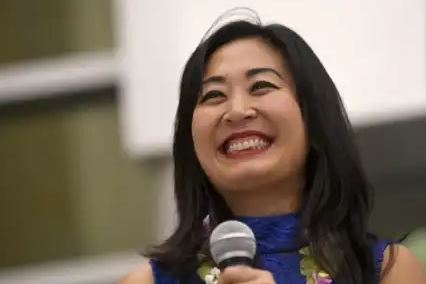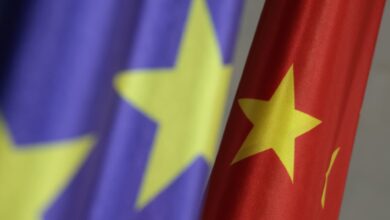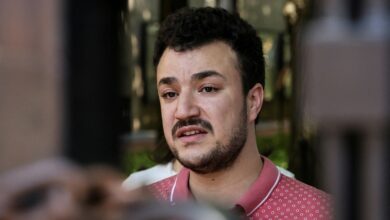Controversy Surrounds Boston’s First Asian American Mayor Over Holiday Party Invitation

In a recent turn of events, Michelle Wu, Boston’s first Asian American mayor, has come under scrutiny for an email sent out by her aide, Denise DosSantos, inviting only minority city councilors to a holiday party. This action has sparked a wave of criticism and debate among the public and council members alike.
The Controversial Email
The email, intended for the “Electeds of Color Holiday Party,” was accidentally sent to all city councilors, including seven who are not minorities. This led to immediate backlash, as it raised questions about exclusivity and division within the city council. The email was perceived by some as divisive and excluding members who did not fit the specified description.
Mayor Wu’s Apology and Explanation
Mayor Wu, acknowledging the mistake, offered an apology for the oversight. She explained that the email was an “honest mistake” and clarified that the intention was not to exclude but to celebrate diversity within the council. Wu, a child of Taiwanese immigrants and elected mayor in November 2021, highlighted that it has been a custom for “diverse” members of the council to host this annual party, which has been a tradition for over a decade.
Mixed Reactions Among Council Members
The reaction to this incident among council members was mixed. Outgoing councilor Frank Baker, who is white, described the mayor’s exclusion of those who did not fit the description in the email as “unfortunate and divisive,” but also stated that he was not personally insulted by it. In contrast, another council member, Brian Worrell, expressed that the email did not bother him, suggesting a range of perspectives on the issue within the council.
The Broader Implications
This incident has brought to light the challenges and sensitivities involved in acknowledging and celebrating diversity in political and public spaces. While the intention behind the holiday party was to create a space for elected officials of color to celebrate, the execution inadvertently sparked a conversation about inclusion, representation, and the ways in which public officials address diversity.
Conclusion
Mayor Michelle Wu’s situation serves as a reminder of the delicate balance needed in public governance, especially in a diverse city like Boston. It underscores the importance of inclusive practices that consider the varied backgrounds and experiences of all community members while striving to celebrate and acknowledge the unique contributions of each group.





